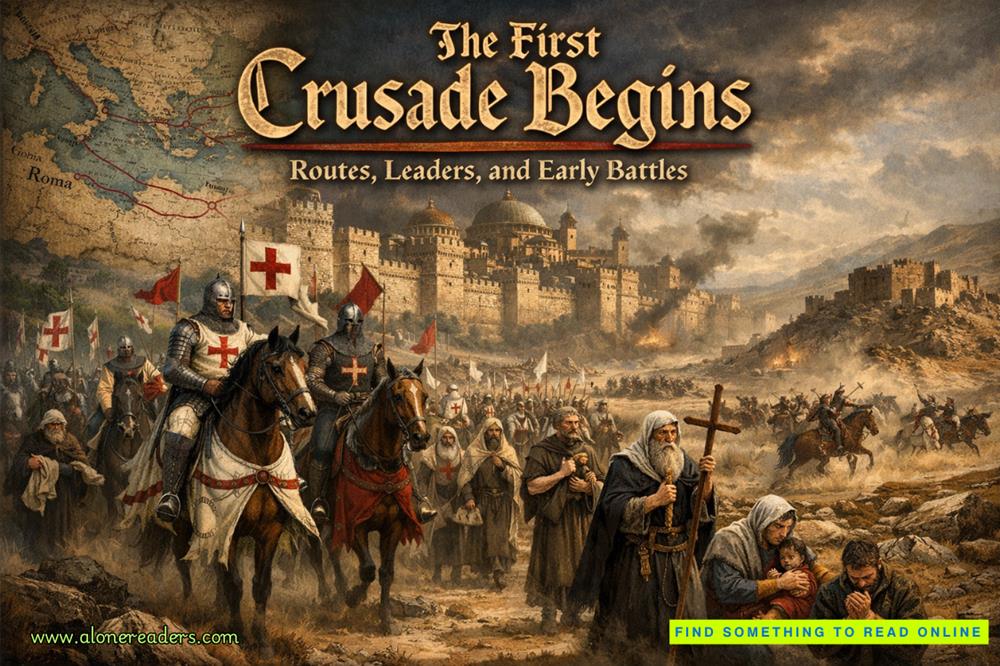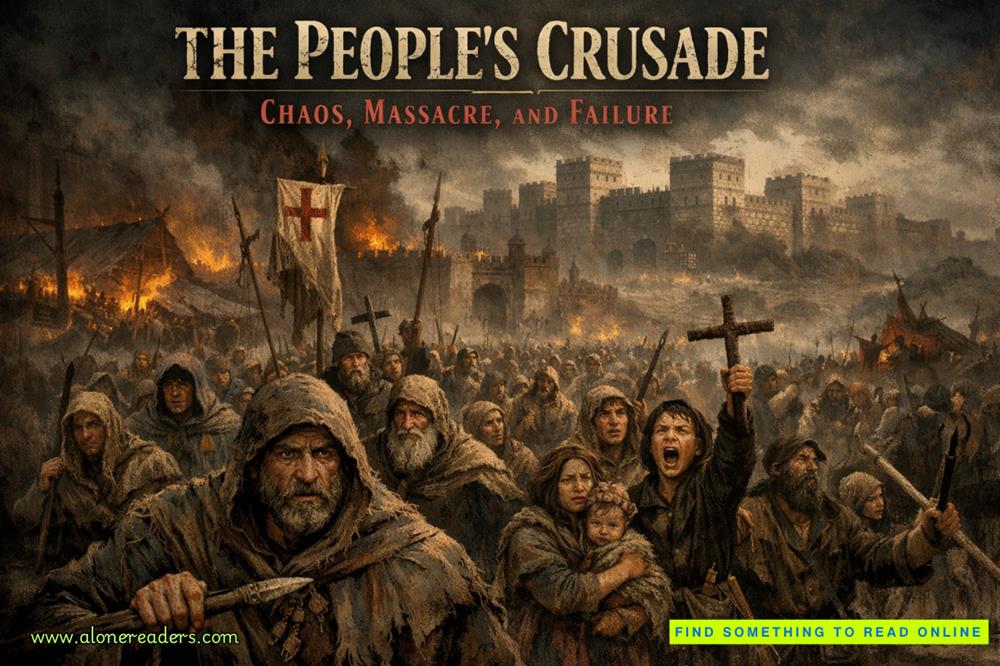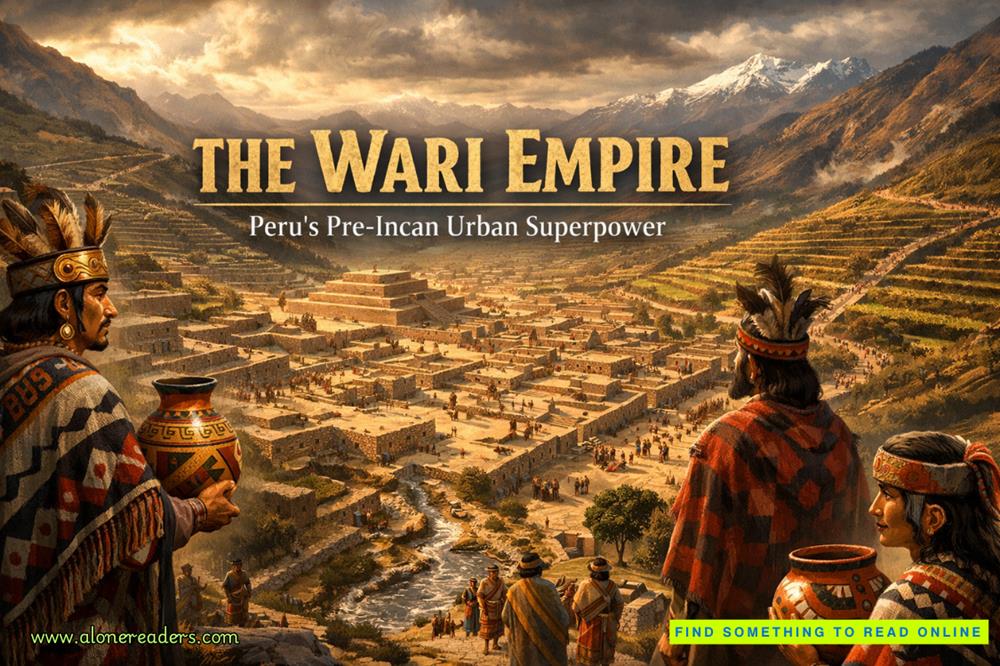"Let me handle this," I said, the words coming out rougher than intended. "Give me two days. I'll find out what they're really after and deliver a message they won't misinterpret."
Alexei's eyes met mine, and I saw him catalog everything—my wrapped knuckles, the tension in my shoulders, the barely leashed violence that radiated from my pores like heat from a forge.
"No," he said simply. "We respond to actual aggression, not provocations. We're legitimate now."
Legitimate.
The word tasted like ash. Legitimate meant paperwork instead of piano wire. Meant lawyers instead of bullets. Meant watching threats circle closer while we pretended to be something we weren't.
"They're following Clara," I pointed out, knowing it was the one argument that might work. "That's not provocation. That's threat assessment."
"Which is why she'll have additional security," Alexei responded smoothly. "Discreet, professional, invisible."
"Bodyguards?" Clara's voice pitched higher. "Alexei, I have three events this week. How am I supposed to explain—"
"You don't explain anything." His hand moved from her shoulder to her collar, one finger hooking through the silver ring. A reminder of ownership, of protection, of the cage she'd chosen. "They'll be invisible unless needed."
She submitted to the touch, but I saw the frustration in her eyes. Another cage bar sliding into place, even if this one was for her protection.
"The Morozovs are looking for someone with distinctive eyes," Ivan added, scrolling through more intercepts. "That's the only descriptor in any of the communications. Someone with unusual eyes who took something from Chenkov."
"Distinctive how?" I asked.
"Unknown. But they're checking hospitals, shelters, known drug houses. Either this thief is injured, desperate, or both."
"Or smart enough to hide where Morozovs would normally look," Alexei suggested. "If I'd stolen from Chenkov, I'd disappear into the populations they usually ignore."
"The legitimate world," I said with a bitter smile. "The one we're supposedly part of now."
"I'll increase surveillance on Morozov operations," Ivan said, filling the awkward silence. "If they escalate, we'll know immediately."
"And if they find their thief?" I asked.
"Then we'll learn what was worth all this attention," Alexei replied. "Information is its own weapon."
Right. Information. While the Morozovs circled like wolves, we'd gather information. Take notes. File reports. Be legitimate businessmen who definitely didn't solve problems by breaking fingers in walk-in freezers.
I flexed my wrapped knuckles, feeling the fresh wounds pull against the gauze. Tony Castellano's blood was probably still on the freezer floor, mixing with condensation and fear-sweat. That was real. That was effective. That was what we were good at.
But instead, we'd be legitimate. We'd watch and wait and pretend that violence wasn't our first language, that we hadn't learned to speak it before we could properly write our own names.
"Anything else?" Alexei asked, his tone suggesting the meeting was over.
"Construction permits for the Belton regeneration project came through," Ivan reported. "Completely legitimate, fully approved. We break ground next month."
Legitimate. There was that word again, following us like a shadow we couldn't shake. I nodded like I gave a fuck about construction permits, like building things was as satisfying as breaking them.
But my eyes kept drifting to those surveillance photos, to the pattern of red dots on Ivan's map, to all the places where violence waited like a held breath.
Soon, I thought. Legitimate or not, the Morozovs wouldn't stop at watching. And when they finally crossed the line from provocation to aggression, all of Alexei's legitimate business wouldn't matter.
I'd be ready when that moment came. My knuckles would heal, my hands would steady, and I'd remind everyone—Morozov, Volkov, and anyone else watching—what kind of animals we really were underneath our legitimate masks.
Mypenthouseoccupiedthetop floor of a building that didn't exist on most city planning documents—twenty stories of glass and steel overlooking the East River, purchased through three shell companies and a Cayman Islands trust. The elevator required a key card that only I possessed. The neighbors thought I was a reclusive tech investor. They were right about the reclusive part.
The main living space was what you'd expect from a bratva enforcer with money—leather furniture, massive television, a kitchen I barely used except to reheat takeout. But the second bedroom told a different story. What looked like a light switch beside the door was actually a biometric scanner, reading the whole pattern of my palm, not just fingerprints. No one could duplicate the exact pressure map of how I pressed my hand against that panel.
The door clicked open with a soft pneumatic hiss. Climate control kicked in immediately—68 degrees, 45% humidity, perfect for preserving delicate mechanisms and preventing metal oxidation. The workshop beyond looked like something from another century, another life, another version of me that shouldn't exist.















